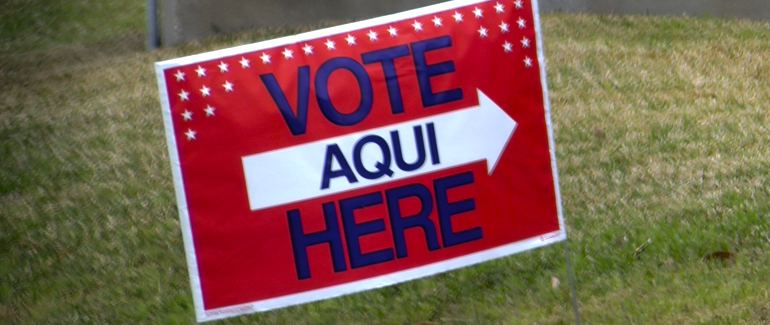American citizens hope, and many believe, that the criminal justice system is fair, just, and equal. However, many have found that the system unfairly targets some and favors others.
The role of race in the criminal justice system, although often unseen by those unaffected, is proven to be substantially linked to the over-incarceration and overcharging of racial minorities compared to white individuals in the United States. This comes as a surprise to few and a reality to many.
A study conducted by Harvard Law found that Black and Latino individuals are at an objectively higher risk of being stopped and searched, are typically incarcerated at a disproportionate rate to their percentage of the total population, and are more likely to be overcharged than their white counterparts. The study’s results told a story many already knew: The criminal justice system in America has a glaring habit of being unjust to racial minorities.
The disparity among the lopsided incarceration rates between white, Black, and Latino people does more than harshly affect racial minorities, who face years of financial, emotional, and physical hardship as a result. Suffolk District Attorney Rachel Rollins suggests that unfair charging and incarceration causes decreased trust in the criminal justice system, which decreases overall safety in communities.
Additionally, those with criminal records are less likely to be able to acquire stable, well-paid jobs, secure financial assets, and acquire certain goods and services. Those often targeted by police, including racial minorities, lower-income individuals, and those suffering with mental health disorders or substance abuse are vastly and disproportionately affected by the difficulties of having a criminal record.
Your record should not prevent you from becoming financially stable. If a past mistake is holding you back, Easy Expunctions can help. For more information about our record-clearing packages, visit our website at EasyExpunctions.com, or give us a call at (877) 890-5081.











